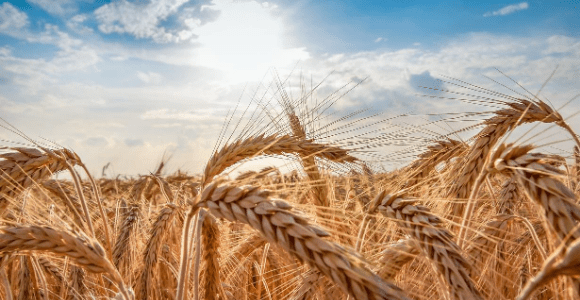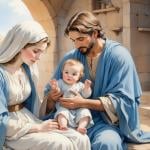Welcome readers! Please subscribe through the buttons on the right if you enjoy this post.
(Read this series from its beginning here.)

As in the crucifixion and resurrection narrative, we have been discussing over the last few weeks, though oppressors often claim “God is on our side,” the God of this Genesis story we are considering shows regard for the victim of systemic injustice.
“So Cain was very angry… Cain said to his brother Abel, ‘Let us go out to the field.’ And when they were in the field, Cain rose up against his brother Abel, and killed him.”
God then comes to Cain saying, “Your brother’s blood is crying out to me from the ground!”
Cain must now adopt the same social location that his brother Abel lived as a nomad. He must learn from experience what it is like to be marginalized.
“And now you are cursed from the ground, which has opened its mouth to receive your brother’s blood from your hand. When you till the ground, it will no longer yield to you its strength; you will be a fugitive and a wanderer on the earth.” Cain said to the LORD, “My punishment is greater than I can bear! Today you have driven me away from the soil . . . I shall be a fugitive and a wanderer on the earth . . .”
Luke 12 has a similar lesson for the Cains in the society Jesus lived in. It culminates in Jesus assuring those having more than they need, those afraid to let go and share it with the poor: “It is your Father’s good pleasure to give you the kingdom.” (Luke 12:32).
In that chapter, a brother asks Jesus to be his “arbiter” and divide an inheritance between brothers. Jesus then tells a radical story that reveals that this squabble between brothers was just another repetition of history: Cain was about to kill Abel once again. Jesus contrasts those historical human social arrangements with the path of justice he was calling his listeners to embrace. Jesus’ gospel was of a world, not of scarcity, anxiety, accumulation, territorialism, and violence, one where there is a limited amount of what we all need, and only enough for a few. His gospel was one of abundance, a gospel where each day offers enough for everyone.
Our hope for the future is in our ability to cooperate with one another to make sure we all have what we need, through a mutual sharing the assures us we have each other’s back. It is a gospel of caring and sharing, with a faith that if I supplied someone’s need today, I’m creating a community where tomorrow I will have others around me that will help me too if the need arises.
When we practice the worldview of Cain politically, economically, socially, and religiously, we reveal that our faith or assurance of life depends on excluding, othering, or marginalizing someone else. In the place of our broken Cain narrative, Jesus is offering the narrative of God’s just future. Jesus calls us to trust that there really is enough for everyone. In a world where everyone has enough to thrive, gratitude replaces our deep survival anxiety. The world we create by rejecting the way of greed is a world of sharing rather than accumulation, giving “freely” rather than territorialism, and peace-making rooted in distributive justice over violence.
The story in Luke 12 ends with brothers not having to fight others for their place in this new future: “It’s the Father’s good pleasure to give you the Kingdom.” You don’t have to fight each other for your place. There is enough for everyone.
We’ll discuss this next.













